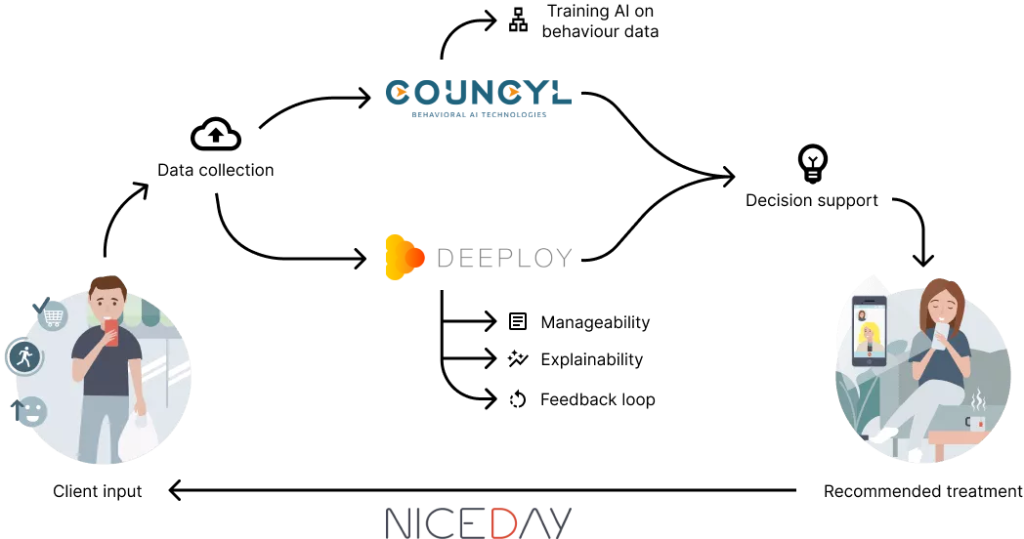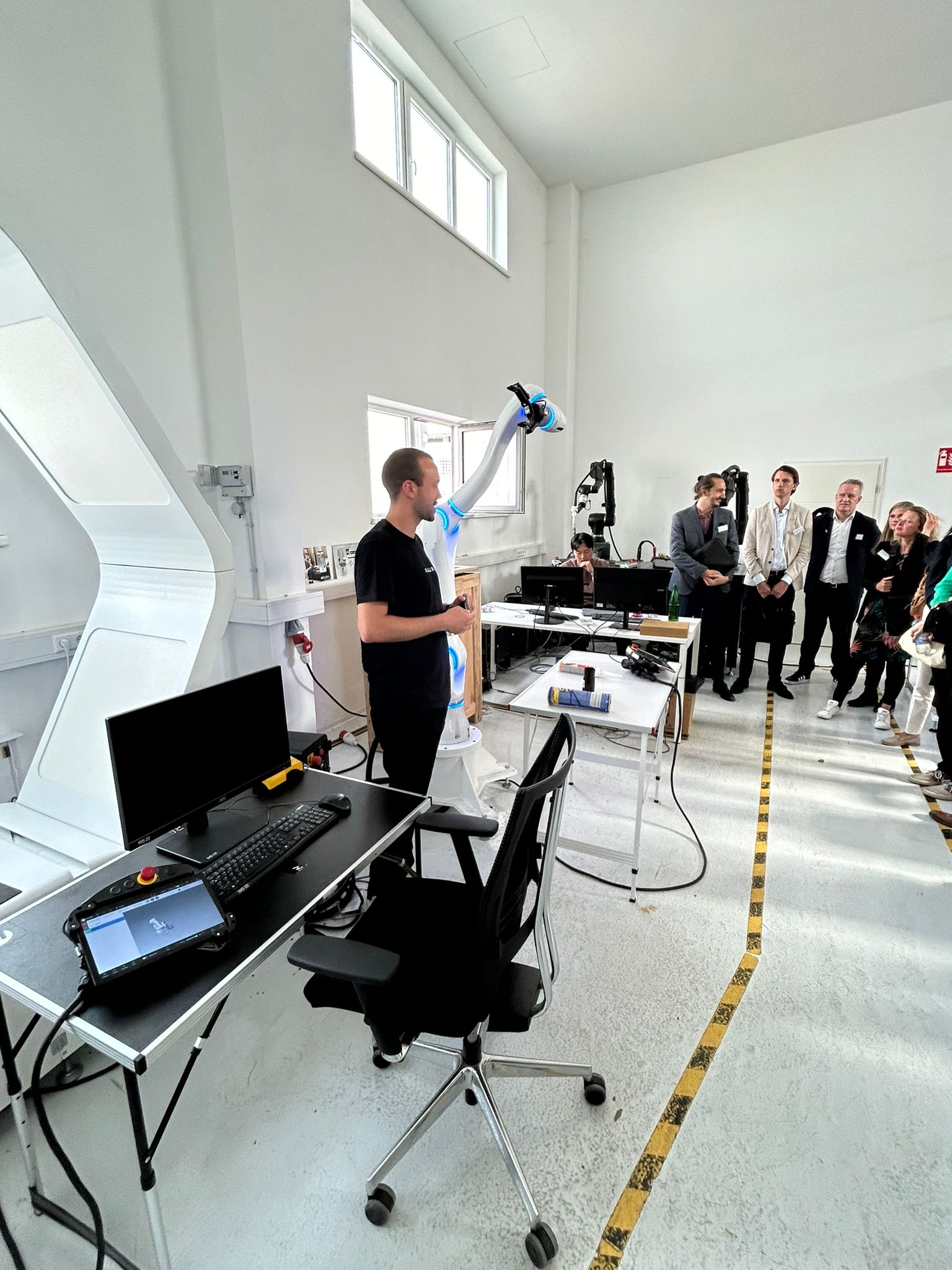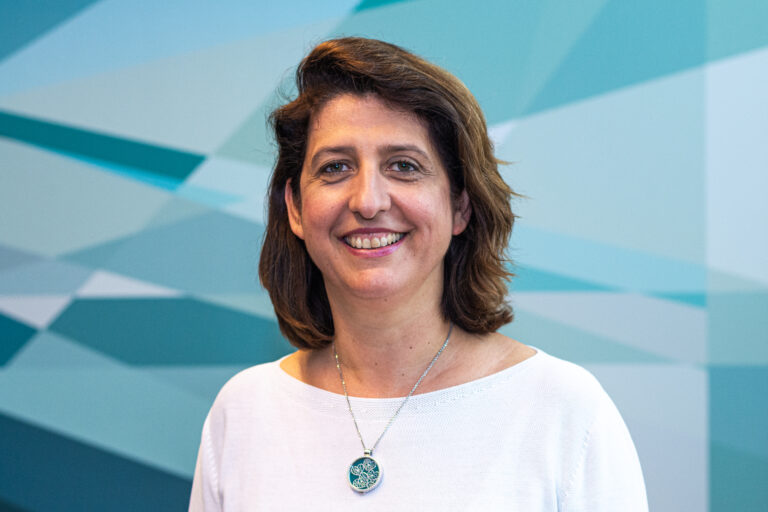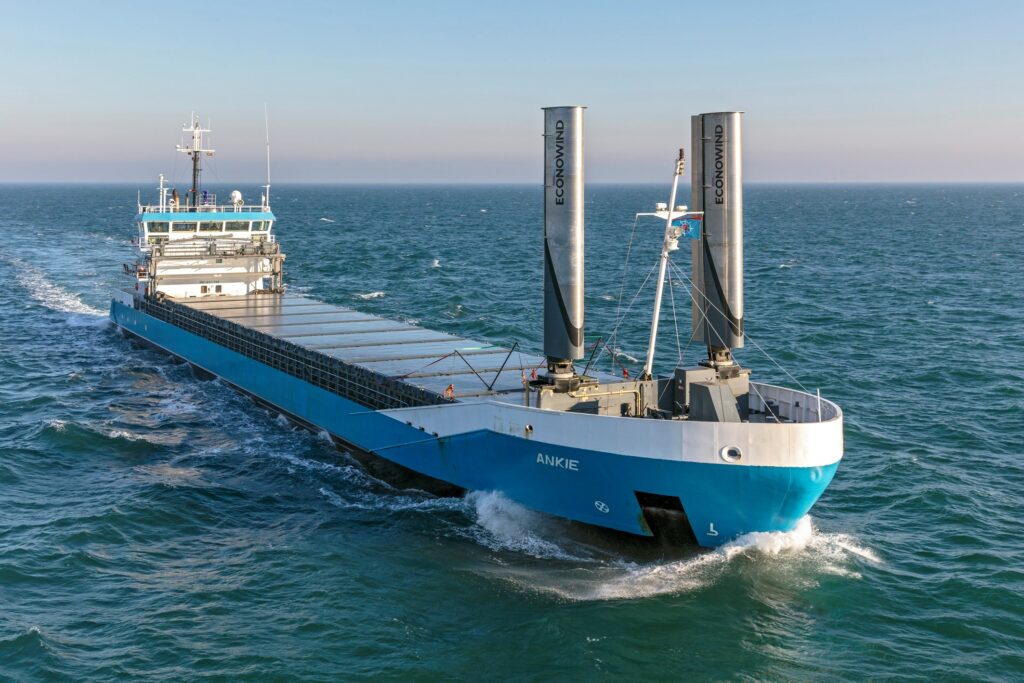Anyone in the Netherlands who has mental health problems and is seeking help currently needs patience: waiting times within mental healthcare have been high for years. In the summer of 2022, around 80,000 people were waiting for a registration interview or treatment. And more than half of them had by then been waiting for more than 14 weeks, the agreed maximum waiting time.
Growing group of people requiring care
Politics, mental healthcare institutions and healthcare insurers have been trying to find solutions for the waiting time issue for years. But it is difficult. Mental healthcare providers not only have a hard time recruiting new therapists but also have to deal with a growing group of people requiring care.
High workloads
This situation can now lead to risky situations. High workloads make it challenging for mental healthcare providers to assess the severity of the mental problems for all their clients and what the difficult moments are for them. That means that they constantly have to make choices. Which client needs help quickly, and who can wait a bit longer?
Use of AI
NiceDay is a software firm that is developing a digital platform for mental healthcare that focuses on treating people with mental problems, such as depression, anxiety disorders and trauma. Or rather, it is a platform for mental healthcare, where therapists can use tried-and-tested psychotherapeutic principles and digital tools that let them treat clients with mental health problems more effectively. “The next step is using responsible AI,” says Jorge Luis Reyes Ortiz, lead data scientist at NiceDay. “We’re convinced that it would help therapists and their clients immensely if we could utilise the available data to help the decision-making process during the treatment. AI is always used in a supporting role and the therapists themselves very definitely remain in the lead.”

Focused support at the right time
“If AI can recognise patterns in clients’ behaviour, that helps therapists respond to that behaviour and make treatments more effective,” Reyes Ortiz continues. “Gaining a better understanding of the moments when a client is having an especially tough time gives the therapist the chance to offer targeted support at exactly those moments, for example through a message or a video call. Of course, it will still be possible to have face-to-face sessions.”
“This data-supported and AI-supported working method does mean therapists have shorter moments of contact with their clients, but they can do so more often and at the times when it really matters. We expect that this approach will allow therapists to treat more clients in the same amount of time, and that will make sure that people on the waiting list can be helped more quickly.”
Collaboration within an MIT project
To create an AI solution that meets all the requirements and wishes and can be used responsibly, NiceDay has partnered with Councyl and Deeploy. Councyl is a company that helps organisations to build expert knowledge into choice models transparently. And Deeploy has developed a platform where AI decisions become explainable and traceable. Because they are developing an AI application together that helps solve a social problem, they decided to submit a request for the MIT scheme (a Dutch acronym for SME innovation promotion for regions and key sectors). And that request was granted: their submission was selected as one of the twelve projects.
Supporting technology
“The challenge of the project with NiceDay is to do it in a way that fits well with the therapists’ working processes,” says Maarten Stolk, co-founder and CEO of Deeploy. “These therapists are the ones who are going to work with the AI solution, after all. That also means that they should be able to figure out easily how the AI comes to certain decisions, so that they can judge for themselves whether it is actually right to follow the recommendation or make a different decision. Which they always decide for themselves, of course.”
Driving forward rapidly
“The nice thing about AI is that it recognises patterns based on current and historical data that can lead to new insights,” Stolk continues. “But the therapist is then the person designated to determine to what extent it is information that actions really need to be taken on. It will take a while before therapists will actually start using AI as a tool, by the way. At the moment, we’re still in the phase where we are developing a test model. After that, we need to test it and do the technical validation. Once that has been successfully completed, it will be followed by an external medical validation. My understanding is that this can also take a long time. So we still have a long way to go. But thanks to the MIT scheme, we are now driving forward rapidly.”
More information
If you are interested in more information about this start-up, visit the Deeploy website or send your questions to Maarten Stolk, co-founder and CEO of Deeploy.
Interested in the MIT scheme?
SMEs, including many start-ups, have an important economic and innovating role. Research has shown that SMEs run up against numerous obstacles when implementing AI. The next round of the MIT scheme to bridge the gap between the knowledge base and the application of AI innovations starts in the first quarter of 2023 and will be supported from the AiNed programme developed by NL AIC. This scheme will be repeated every year until 2026. You can keep up to date on the AiNed programme website.






